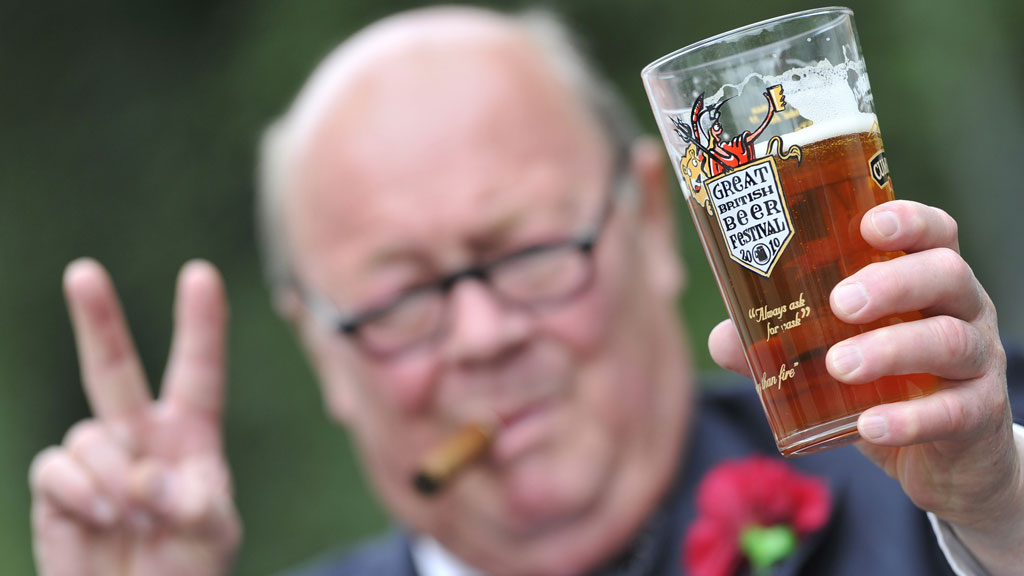Ale and hearty: breweries thrive during tough times
Despite the recession the number of breweries in the UK has risen to its highest level for more than 70 years, to the delight of real ale aficionados.

Twelve pubs a week are closing, but breweries have now topped the 1,000 mark.
A record 158 new breweries have opened in the last year, according to the Campaign for Real Ale (Camra), the highest number ever recorded in the group’s annual Good Beer Guide.
There are twice as many breweries in operation than there were a decade ago, with around one brewery for every 50 pubs.
Roger Protz, editor of the Good Beer Guide, said: “A double-dip recession has done nothing to halt the incredible surge in the number of brewers coming on stream, making the small brewing sector surely one of the most remarkable UK industry success stories of the last decade.”
Mr Protz told Channel 4 News that the previous government’s decision to halve the rate of duty paid by breweries producing under 30,000 barrels of beer a year was one of the main reasons for the rise.
Another explanation was the comparatively steady demand for real ale, while sales of lager in pubs were falling.
“People are more and more looking for taste, flavour and character,” he said. “Small brewers are using interesting malts and hops from abroad.”
A double-dip recession has done nothing to halt the incredible surge in the number of brewers coming on stream. Roger Protz, Good Beer Guide
Mr Protz said so-called micro breweries had been expanding. “In fact, the boom in new breweries has, in many cases, made the term ‘micro’ obsolete, with some small brewers having become remarkably large, installing new equipment or doubling production to keep up with demand.
Variety
“Beer drinkers in the present day are faced with an enormous variety and choice like never seen before on these shores. Whilst historically there were more breweries in the UK pre-1930s, the distribution and communication networks of the modern day mean that real ale has never been so accessible to consumers, or to pubs wanting to meet demand for serving locally produced beer.”
Mr Protz said that despite the progress, beer drinking was more heavily taxed in Britain than anywhere else in the EU, and the government ought to address the issue.